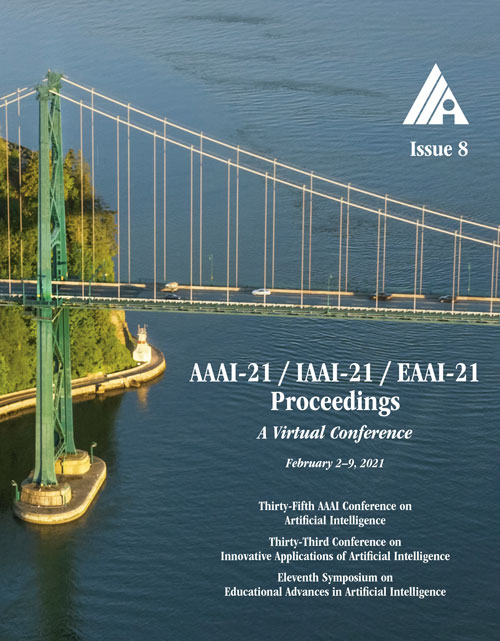A Theory of Independent Mechanisms for Extrapolation in Generative Models
DOI:
https://doi.org/10.1609/aaai.v35i8.16833Keywords:
Causal Learning, Unsupervised & Self-Supervised LearningAbstract
Generative models can be trained to emulate complex empirical data, but are they useful to make predictions in the context of previously unobserved environments? An intuitive idea to promote such extrapolation capabilities is to have the architecture of such model reflect a causal graph of the true data generating process, such that one can intervene on each node independently of the others. However, the nodes of this graph are usually unobserved, leading to overparameterization and lack of identifiability of the causal structure. We develop a theoretical framework to address this challenging situation by defining a weaker form of identifiability, based on the principle of independence of mechanisms. We demonstrate on toy examples that classical stochastic gradient descent can hinder the model's extrapolation capabilities, suggesting independence of mechanisms should be enforced explicitly during training. Experiments on deep generative models trained on real world data support these insights and illustrate how the extrapolation capabilities of such models can be leveraged.Downloads
Published
2021-05-18
How to Cite
Besserve, M., Sun, R., Janzing, D., & Schölkopf, B. (2021). A Theory of Independent Mechanisms for Extrapolation in Generative Models. Proceedings of the AAAI Conference on Artificial Intelligence, 35(8), 6741-6749. https://doi.org/10.1609/aaai.v35i8.16833
Issue
Section
AAAI Technical Track on Machine Learning I

